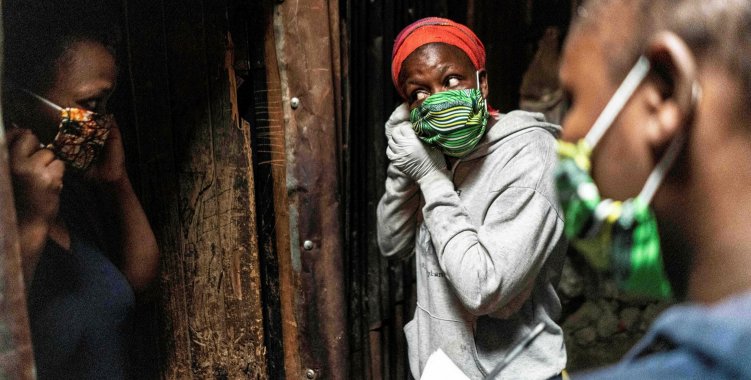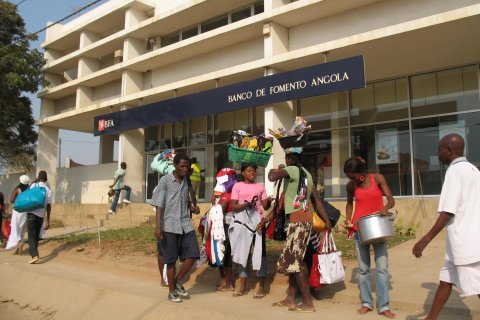The position was expressed, in statements to the Lusa agency, by the WHO representative in Angola, Djamila Cabral, praising the Government's effort, which "is doing what needs to be done".
"We hope that we can continue like this, in a more or less controlled situation, and that we do not have the second peak," said Djamila Cabral, stressing that, for WHO, "the situation in Angola is stable".
“We are still encouraged, because we are in a phase with decreasing numbers of cases, even if there is a day or the other with a certain increase, but the general trend when we see the curve is a much lower trend than when we had the peak, which was more or less except in October, when the number of cases was really high, ”he said.
According to Djamila Cabral, the current situation shows that "the measures that should be taken have been taken and that it was possible to have an effect, an impact, on the course of the pandemic".
The official referred to the measures contained in the various decrees issued by the authorities, such as the mandatory use of masks, the restriction of movements, clusters, the closing of borders, the mandatory distance, washing hands, remembering that today hand washing or disinfecting devices in all locations.
“For WHO, the best weapon we have is these public health measures. Governments have been making an effort, and Angola is making that effort, so that we have more and more population adherence to these measures ”, she said.
The WHO representative in Angola stressed that, if it was possible to reduce the number of cases, it is because the measures have been well implemented, which can be further improved to further reduce the number of infections.
"This is what we are waiting for, that we can continue to maintain the measures so that the number of cases does not increase", she underlined, stressing that the appearance of a second wave "is not mandatory".
"The second wave, because of what we have been seeing, in general, it comes, because as the numbers go down, people also create a little more confidence," said Djamila Cabral, also pointing out as "cause the balance" that governments try to find to resume economic and social life.
According to the official, it is during this period that, in all countries, a second wave is registered.
“I think there are conditions to continue to maintain the situation as it is, of course it requires sacrifices from everyone individually, but also collective sacrifices, and the ability or ability of the Government to be able to balance, because we are seeing, for example, that schools are going to start now, ”he said.
Djamila Cabral said that it is necessary to “try”, stressing that conditions have already been created at school level so that there is less risk of contamination.
“Let's see, maybe we are ready, maybe we are not 100% ready, but we can improve. This is an eternal search for balance, between the measures that we are obliged to take and the new normal with which we have to learn to live ”, she considered.
Asked if Angola would be prepared to face a new strain of SARS-COV-2, as is happening in some countries, the WHO representative said she believed so, implementing the measures that have been taken so far.
"I believe so, because as we have already said, the new strain is not another virus, it is a modified virus, which does not change anything at all in the measures we have to take, we must continue," she said.
Regarding the announcement of hundreds of daily recoveries in the past few days in the country, Djamila Cabral said it may be due to a backlog of cases to be reported by the authorities, possibly due to some delay in confirmation tests and administrative processes.
However, "it does not take any value to the fact that these people can really be counted", she added.
Djamila Cabral pointed out that the evolution of testing capacity in the country has been improving, emphasizing that a specific decrease may be linked to the need not only for equipment and reagents, but also for trained personnel.
"This process took, perhaps, some time at the beginning, but now we are in a situation of cruising speed, let's say that there is already a minimum number needed everywhere, both for equipment and personnel," she said.







